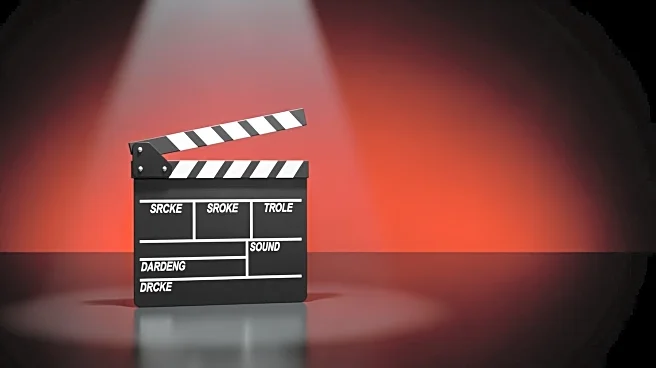What's Happening?
The 9th Circuit Court of Appeals has ruled against the use of expedited subpoenas under the Digital Millennium Copyright Act (DMCA) to identify internet users suspected of digital piracy. This decision affects studios and record labels that have relied on these subpoenas to combat illegal sharing of songs, movies, and TV shows. The ruling aligns with previous decisions from the D.C. Circuit and the 8th Circuit, which have led copyright holders to file lawsuits against unknown defendants before seeking subpoenas. The case involved Capstone Studios, which sought to identify users linked to illegal sharing of the film 'Fall' through Cox Communications. The court decided that DMCA subpoenas are not permissible when the internet provider acts merely as a conduit and does not host the infringing material.
Why It's Important?
This ruling is significant for the creative industry and the U.S. economy, as it limits a tool previously used to combat digital piracy. The Motion Picture Association and the Recording Industry Association of America have expressed concerns that this decision will hinder efforts to protect intellectual property rights. The ruling may lead to increased legal costs and complexities for copyright holders, who now have to pursue individual lawsuits to identify infringers. This could potentially slow down the process of addressing piracy, impacting revenue streams for content creators and distributors.
What's Next?
The decision may prompt copyright holders to seek legislative changes to address the limitations imposed by the court. There is potential for Congress or the Administration to introduce measures that provide more effective tools for combating online piracy. The ruling also sets a precedent that could influence future cases involving digital copyright infringement, guiding how service providers and courts handle such issues.
Beyond the Headlines
The ruling highlights the ongoing debate over balancing copyright enforcement with privacy rights. It raises questions about the ethical implications of using subpoenas to identify internet users and the potential for abuse by 'copyright trolls.' The decision may encourage discussions on how to protect intellectual property while respecting individual privacy and due process.









